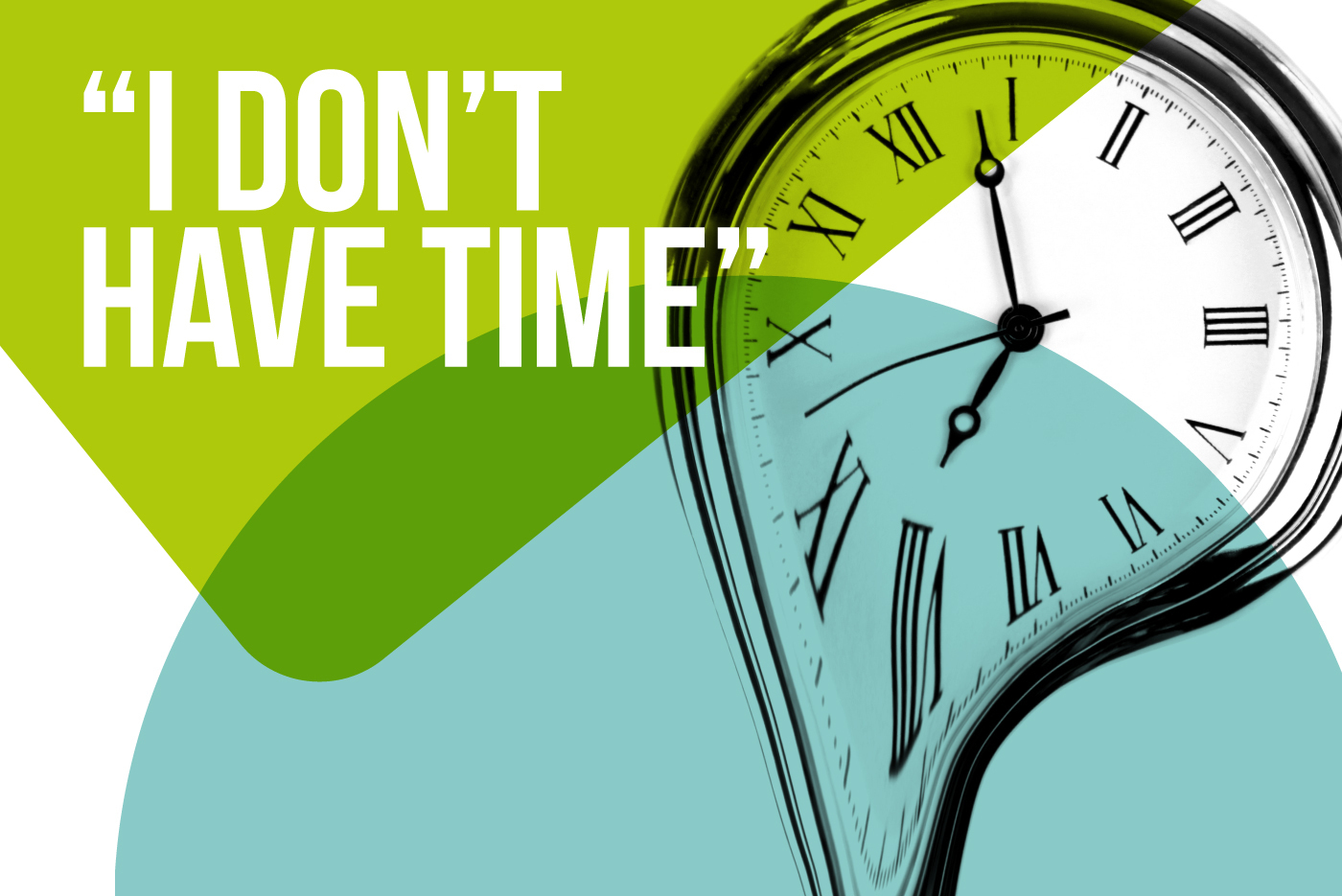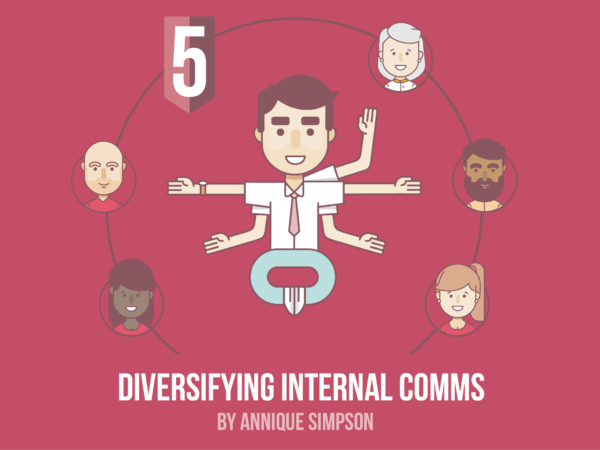
We really hope you have the time to read this blog post.
After all, ‘I just don’t have time’ is an all-too common excuse we’re all guilty of using. Most probably way too often, and more than likely to justify putting off something that we either don’t want to do or don’t have the motivation for (not to worry, we won’t name-shame).
However, even though many of us supposedly feel eternally time-poor, we’d be reluctant to spend money on things that could literally buy us time – even though it would increase our happiness.
That’s what psychologists in the US, Canada and the Netherlands discovered in a recent study. They found that fewer than one third of individuals spend money to free up more time (by having shopping delivered, or paying for fast-track tickets, for instance) even though those who did reported greater satisfaction.
We’re going to need a bigger clock
Seems a bit ironic, doesn’t it? We spend so much time bemoaning how we lack the time to do things, but when we have the opportunity to regain some of that lost time, we don’t take it.
Perhaps if things had worked out how 1930s economist John Maynard Keynes predicted they would – that by now we’d all only be working no more than three hours a day (and not by obligation!) – we wouldn’t have to complain so much.
Admittedly, it can often feel like we’re battling a ceaseless tsunami of tasks. After burning the daily oil in the workplace, we come home to laundry that needs washing, food that needs cooking, and floors that need vacuuming.

But if it’s true that outsourcing some of our pressing tasks could make us happier, why do so many of us so often just rely on the ‘I don’t have time’ excuse, rather than doing anything to fix the fundamental problem?
Before we dive in, did you know you could be receiving an exciting dollop of IC inspiration like this every week?
Subscribe to our Friday Ketchup to get handpicked internal comms and employee engagement insights, facts, and ideas squeezed straight into your inbox, every Friday.
Half-baked hindrances
The thing is, even though it might not seem like it, we’re not actually working any more hours than people did a few decades ago. The nature of modern work just makes us feel like we are – because there’s always more notifications to check, more emails to respond to, more information to ingest. These small, incessant tasks can prevent us from getting around to tackling the big, important jobs, slowly but surely overwhelming us.
This is particularly relevant in business today. The new era of so-called ‘constant change’ has supposedly got us all on our knees, with way too much to compete with and nowhere near enough time to do it in.
Consequently, change initiatives often fall by the wayside, or end up as half-baked messes which are more of a hindrance than a genuine advantage. We concentrate resolutely on external, customer-focused work – to the detriment of developing our organisations for the constant change ahead.

‘Just how can we possibly adapt to this much change alongside the day-job?’ we ask.
But constant change doesn’t have to be as much of a problem as we make it out to be. More change doesn’t necessarily mean more work – if we go about it in the right way.
Get your priorities straight
Try this on for size. Instead of saying ‘I don’t have enough time to do this’, substitute ‘it’s not a priority’.
Not enough time to spend on that change initiative? It mustn’t be a priority. Not enough time to keep employees up to speed? Well, that mustn’t be a priority either.
You see what we’re doing here? When you phrase it like that, it starts to sound a lot less acceptable. (Thanks to Laura Vanderkam for this ingenious idea!)
If we’re to cope with constant change, we mustn’t see it as a distraction from the day job. It must be a priority – alongside the day job.
To effectively manage your time to factor in readiness for constant change, it’s crucial to set some concrete priorities in place. For starters, employees must always know what’s going on. And they must be given the necessary support and resources to help action the change as part of their daily workload. And leaders and managers must be properly equipped to inspire and galvanise their teams to make the change work.

Always putting these components first is a major stepping stone in treading the right path through constant change. Anything else comes second. Obviously, depending on the change, you have to know if it’ll work, technically and logistically. But without the support of your organisation, capable of adapting to new ways of working, it simply won’t come to fruition.
So when you’re leading a change, always take time beforehand to consider: what do I need to concentrate on first? What are the most important factors in making this change work? When you start setting priorities – and more importantly, sticking to them – you won’t find it as big a portion on your plate to swallow.
A formula for success
We think it’s also important to strike a balance between focusing on external, customer-focused work and internal initiatives set on improving and adapting your organisation.
You may be inclined to think, ‘but external work is how my organisation earns its keep! Internal work doesn’t make it a penny’. That’s true, but the fact is that businesses who don’t focus on continually updating and evolving their internal model end up lagging way behind.
You can have the best product or service, but if you don’t adapt to changing markets and business trends, you don’t win – and you’ll lose all your external momentum too.
We find it’s useful to remember the formula: internal x external = business success. (We use multiplication instead of addition because if either of those parameters equal zero, then the end result will be zero). Sticking to this formula means giving internal work the same weight as external work – and where possible, never concentrating on one to the detriment of the other. They’re not mutually exclusive.
So the next time you find yourself thinking ‘I don’t have enough time’ to fully devote to a particularly pressing change programme, don’t fret.
Consider revising your language (seeing priorities rather than time) and keep in mind that crucial success formula – and you’ll end up better prepared to ride the wave of constant change.
Get in touch today to find out how we could help you transform your leaders and managers from average, to exceptional!
Got a brilliant idea you simply can’t keep to yourself?
We’re always looking for fresh faces to help us further the IC conversation by writing guest articles for our blog. If you want to make your voice heard on internal comms, employee engagement, change management or leadership development, we’d love it if you got in touch!









